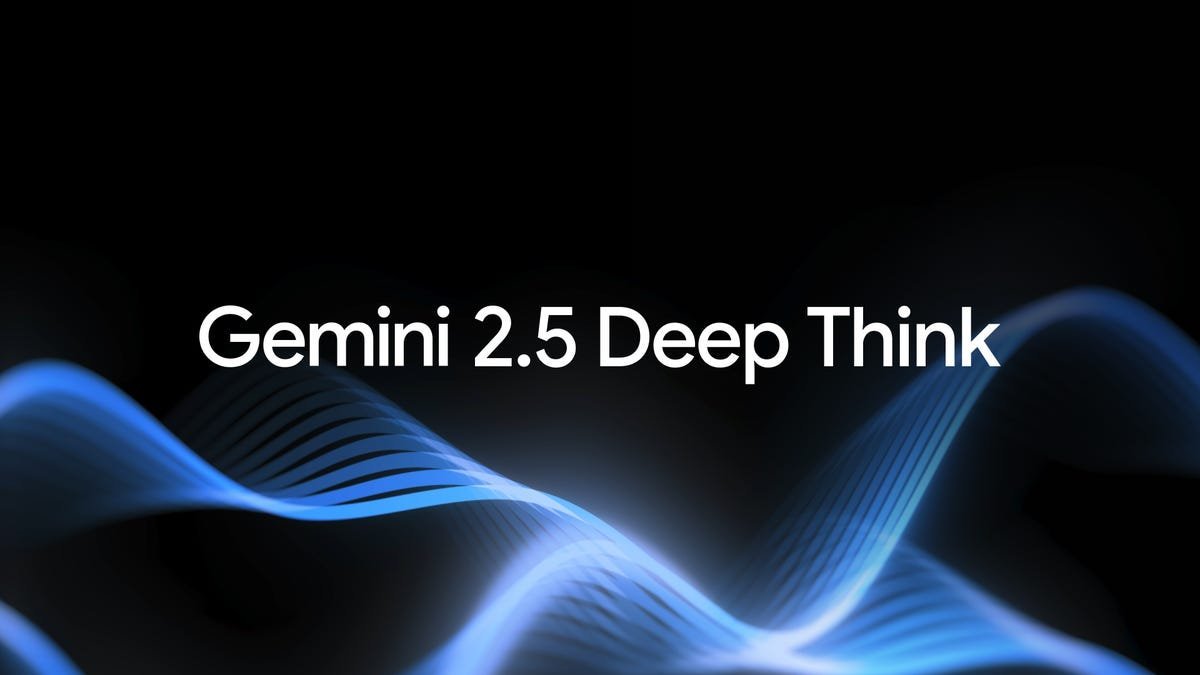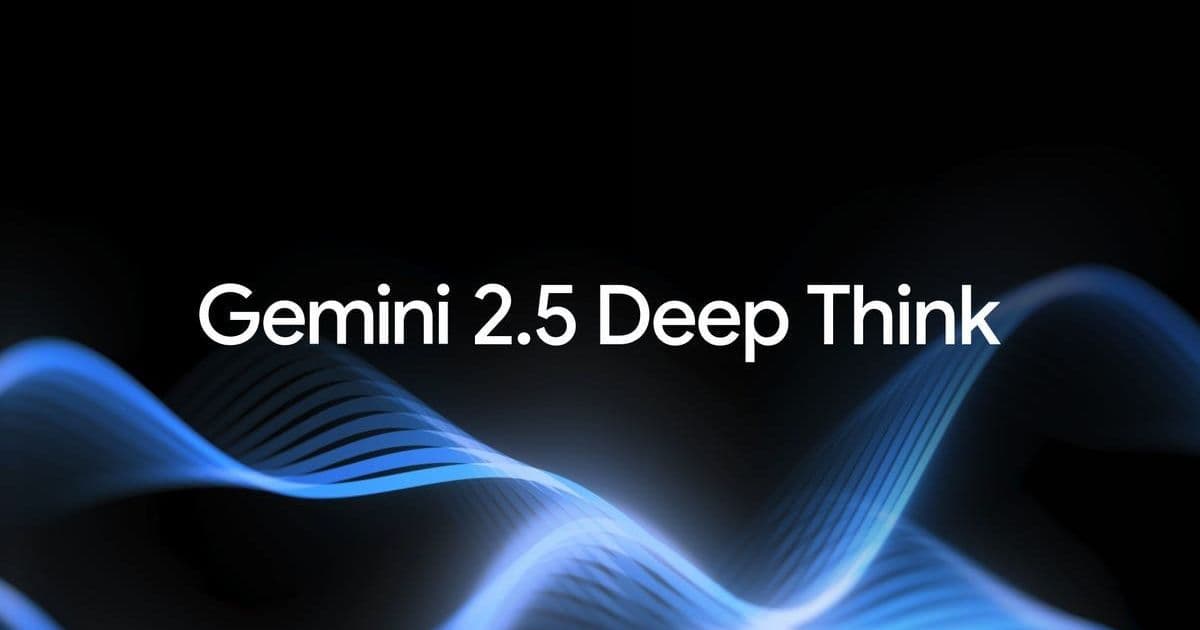Google has released its Deep Think AI model to Ultra subscribers—a derivative of its International Math Olympiad gold-medal system. The $250/month model uses parallel thinking techniques to solve complex problems but comes with usage limits and higher benign-request rejection rates.

Two weeks after Google and OpenAI showcased breakthrough performances at the International Math Olympiad (IMO), Google is democratizing access to its competition-winning technology—with significant caveats. The newly launched Deep Think model arrives exclusively for Google Ultra subscribers at $250/year, offering a glimpse into the future of AI reasoning capabilities.
Beyond Brute Force Computation
Deep Think isn't the exact IMO gold-medal model but a streamlined variant optimized for practical use. Internal benchmarks show it performs at a bronze-medal level on IMO problems—still surpassing most commercial AI systems. Its breakthrough capability stems from three innovations:
Parallel Thinking Architecture: Unlike sequential reasoning approaches, Deep Think generates and evaluates multiple solution pathways simultaneously, dynamically combining ideas like a team of expert mathematicians collaborating in real-time.
Extended Inference Windows: The model spends 3-5x longer "thinking" before delivering responses, allowing deeper exploration of complex problem spaces—a luxury unavailable in standard conversational AI.
Reinforcement Learning from Process: Rather than just rewarding correct answers, Google trains Deep Think on its problem-solving methodology, cultivating adaptable reasoning strategies that improve over time.
Capabilities and Constraints
In practical terms, Deep Think excels at:
- Iterative technical design (e.g., refining engineering schematics through multi-step feedback)
- Scientific hypothesis generation (testing compound theories across physics/chemistry domains)
- Algorithmic coding challenges requiring multi-layered logic
Performance metrics show 18-32% gains over Gemini 2.5 Pro on benchmarks like "Humanity's Last Exam," which tests multidisciplinary knowledge across 100+ subjects. However, Google acknowledges a trade-off: Deep Think rejects benign user requests 27% more frequently than its predecessor—a side effect of its conservative solution validation.
Access and Implications
Ultra subscribers get limited daily queries via the Gemini app's model selector. A forthcoming API release will target enterprise developers and researchers, while the full IMO-winning model remains restricted to academic partnerships.
"This isn't just about math contests," notes Dr. Elena Rodriguez, MIT computational cognitive scientist. "Parallel reasoning architectures could redefine how AI handles real-world systems engineering—from chip design to drug discovery. But the usage caps reveal Google's caution about computational costs and unpredictable outputs."
For developers, Deep Think represents both opportunity and frustration. Its reasoning power could accelerate R&D cycles, yet the subscription cost and query limits position it as a specialized tool rather than a general-purpose assistant. As OpenAI prepares GPT-5's launch, the race shifts from who wins benchmarks to who can productize artificial reasoning at scale.
Source: Sabrina Ortiz, ZDNet (August 1, 2025)

Comments
Please log in or register to join the discussion